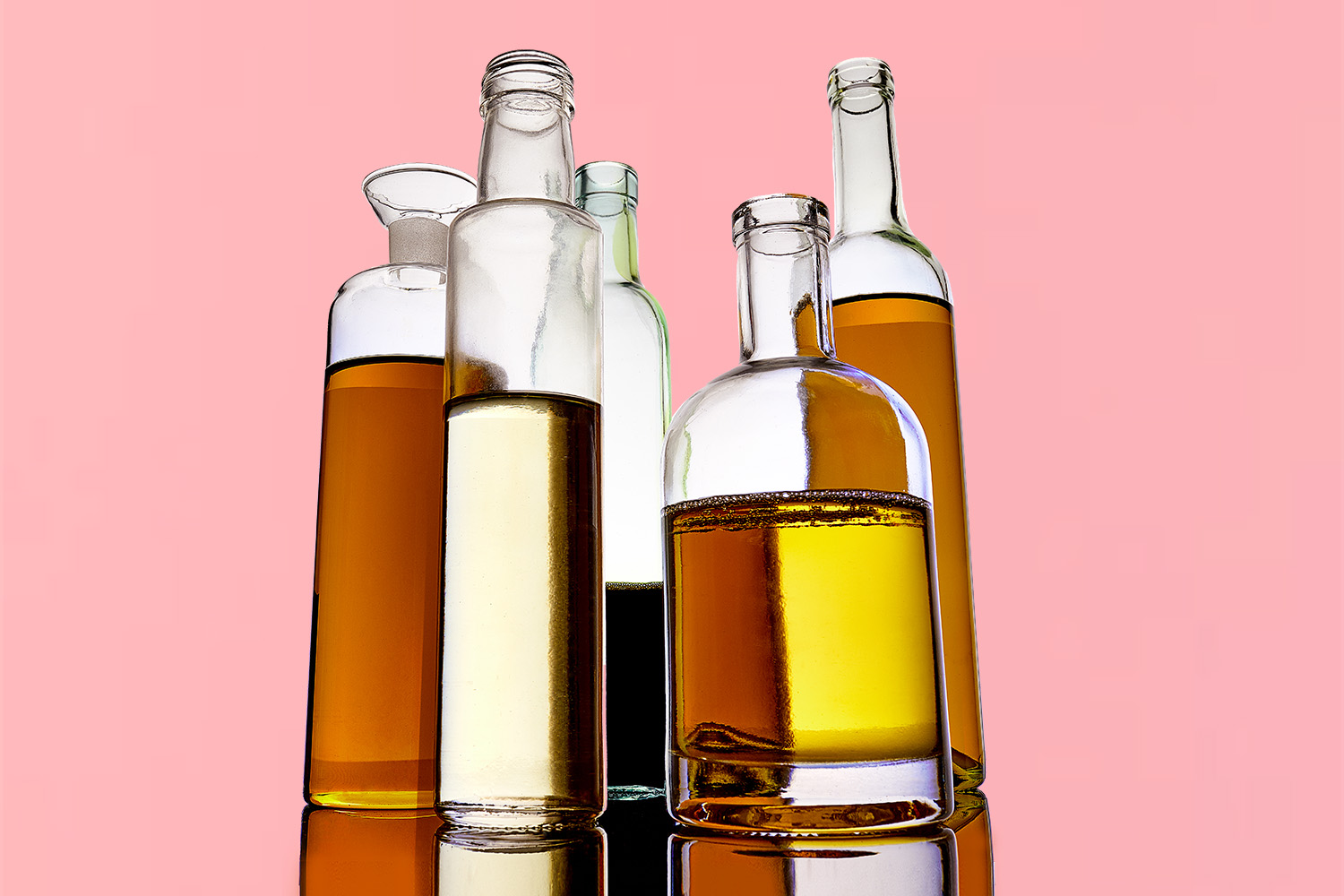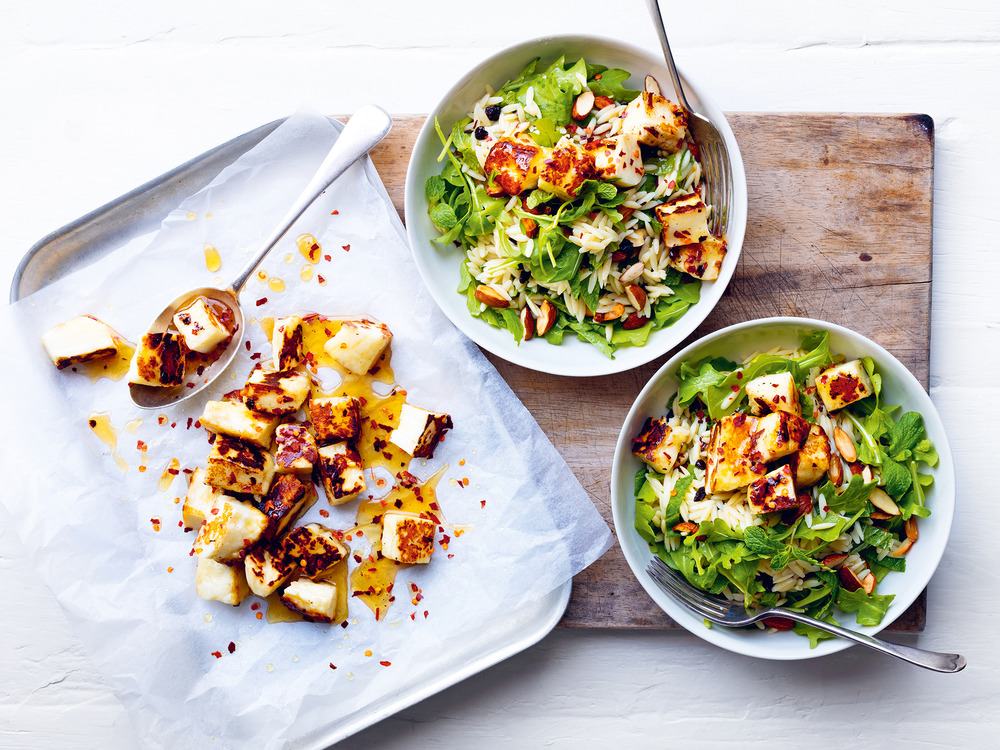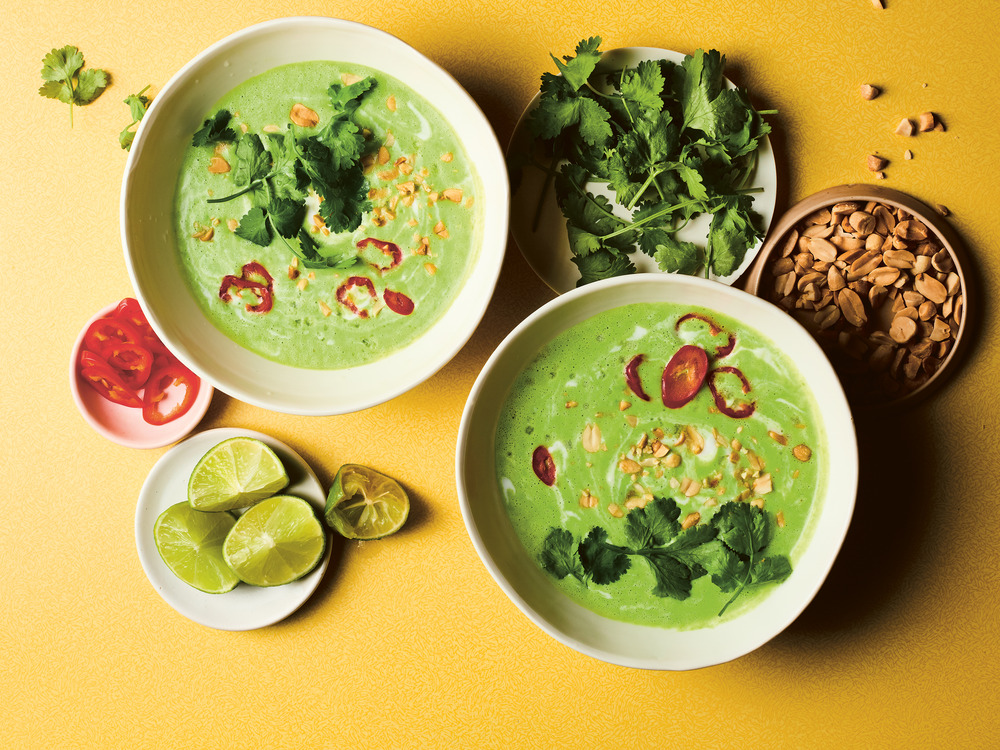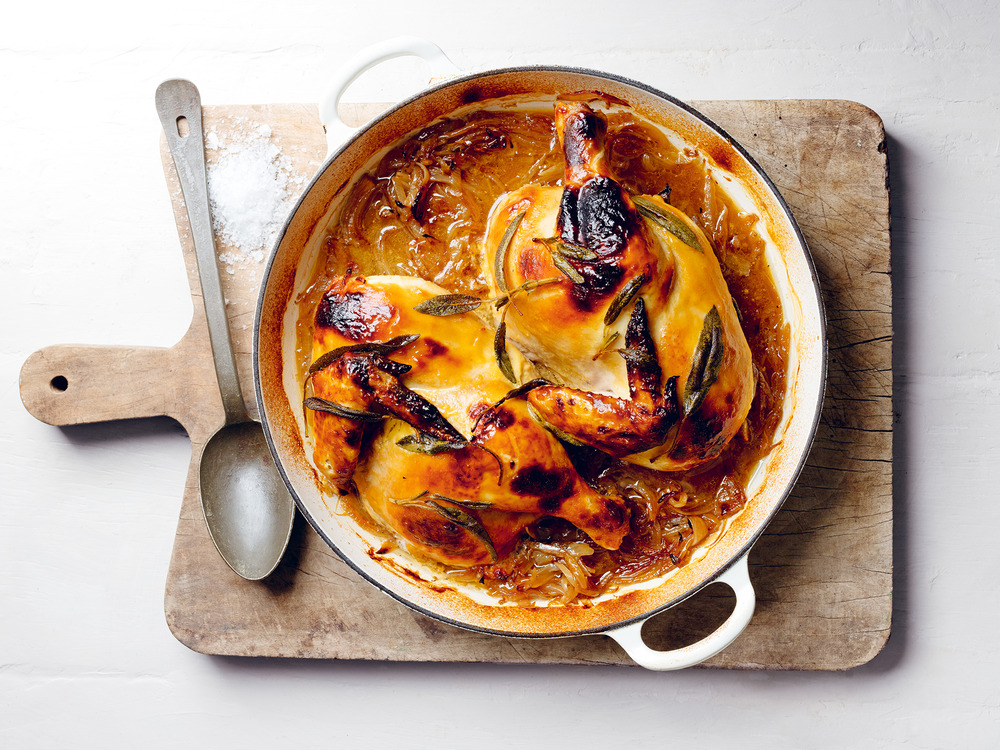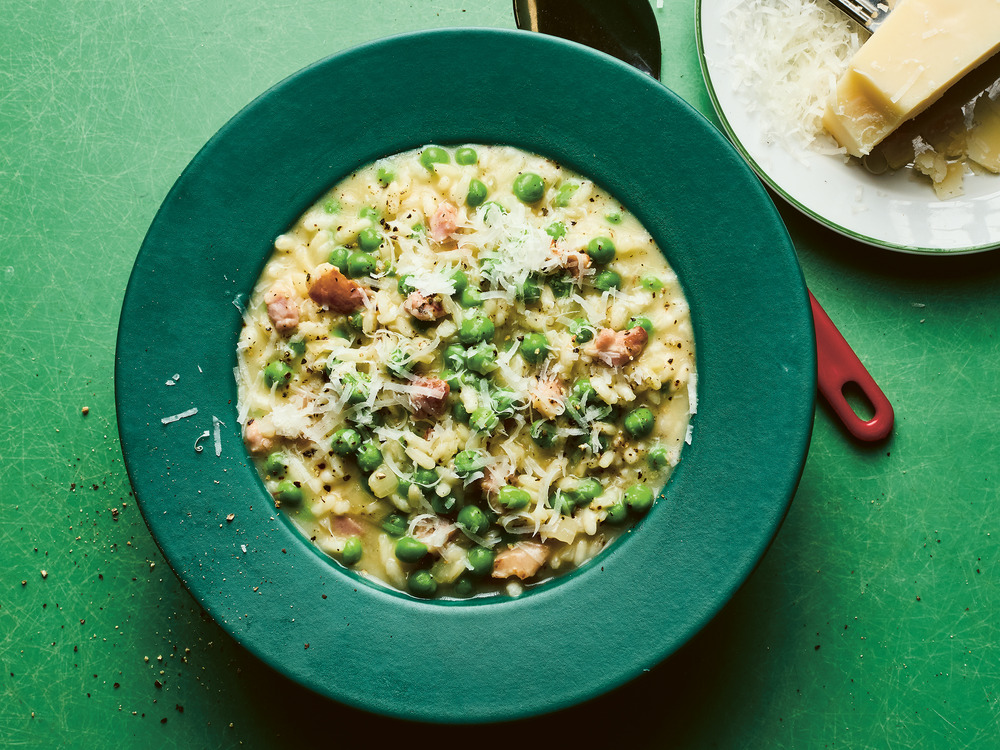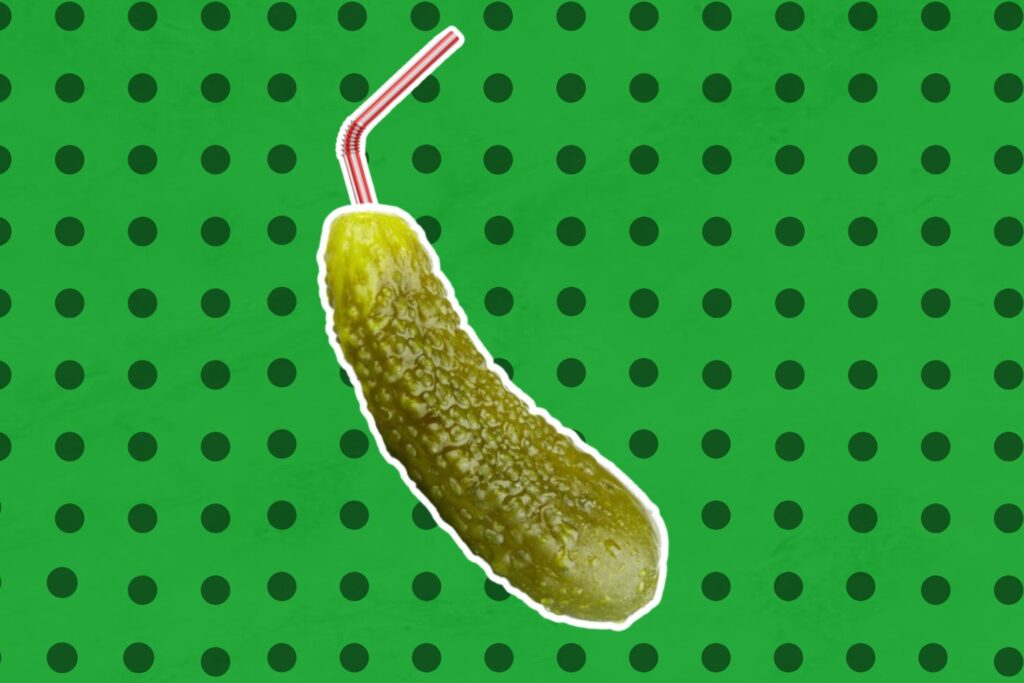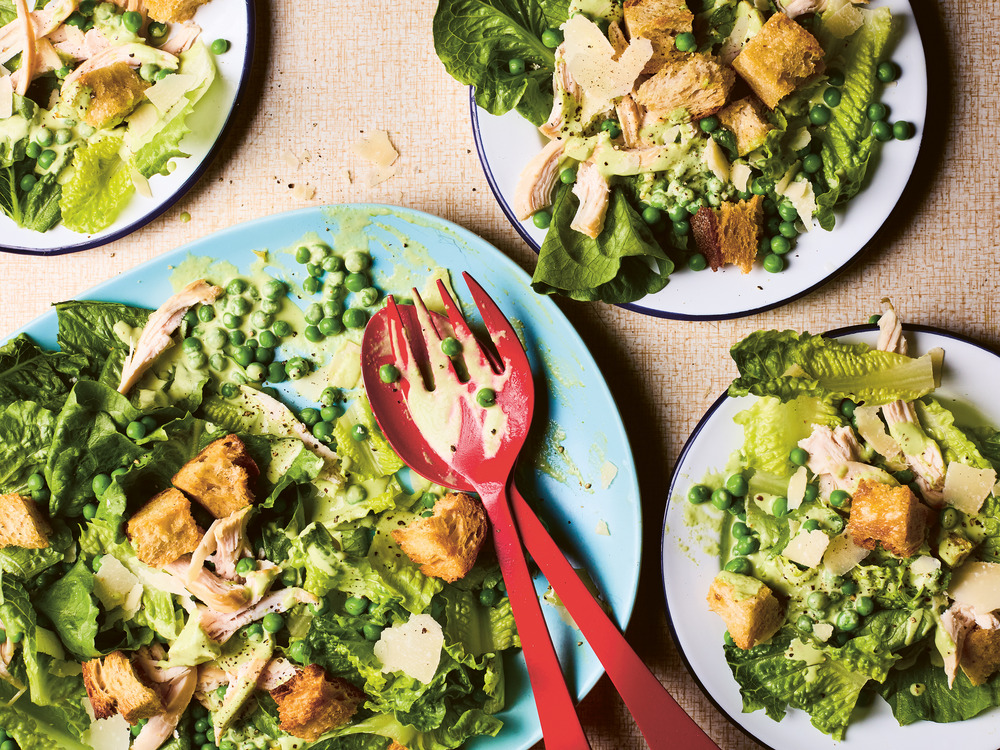For an ingredient that’s essential to most meals you whip up on the stove, cooking oil can be more confusing than an Ottolenghi recipe. It’s not there simply to grease up your fry pan. As well as delivering fat, which you need for energy, oil offers essential fatty acids and can help with the absorption of vitamins A, D, E and K. That said, you only need it in tiny amounts, and the type you choose matters.
All of the well-known oils contain different fats, such as saturated and unsaturated, but are classed as the type they have most of. Unsaturated fatty acids can be further classified into monounsaturated (MUFA) or polyunsaturated (PUFA). Peanut oil contains 20 per cent saturated fat, 50 per cent MUFA and 30 per cent PUFA, so it’s classed as a MUFA. But both MUFA and PUFA are effective cholesterol reducers and have other health benefits when used to replace saturated fats.
Hot Topic
Olive oil has the biggest health halo. As well as containing a good amount of MUFA, there’s mounting evidence that olive oil, consumed as part of a Mediterranean diet, is associated with reduced cholesterol levels and reduced risk of cardiovascular disease and mortality in people at high cardiovascular risk. The polyphenolic compounds in olive oil may also help to fight free radicals – molecules that damage the cells in the body, in a way that leads to disease. Virgin olive oil (VOO) and extra virgin olive oil (EVOO) – produced by mechanically pressing the olives as opposed to exposing them to chemical or heat treatment – contain higher levels of polyphenols compared with common or refined olive oil, as they’re preserved during the extraction and technological processing. That’s why the polyphenols in VOO and EVOO have many health benefits, such as reducing diabetes risk and lowering blood pressure.
Having this many grams of olive oil daily is linked with a lower risk of mortality from issues including cardiovascular disease.
Source: Journal of the American College of Cardiology
But olive oil’s health credentials diminish when it reaches a certain temp, thanks to its low smoke point. This is when the oil begins to break down and burn, producing harmful compounds. Olive oil’s smoke point of 160°C to 190°C makes it unsuitable for high temp cooking compared with refined olive oil’s higher smoke point of 200°C to 220°C. Other monounsaturated oils, such as avocado and peanut oil, are less susceptible to heat. Polyunsaturated oils, like sunflower, can also be cooked at high temps.
A Flash in the Pan
Some oils have a higher smoke point because of their high saturated fat content. But it doesn’t make them superior. Take coconut oil, which has 90 per cent sat fat; a 2020 systematic review/meta-analysis in Circulation found that regular intake of the oil for at least two weeks increased LDL cholesterol (the bad type) compared with other vegie oils.The takeaway? Use unsaturated oil for everyday cooking.
Best oil for: sautéing
Sesame Oil
Flavoursome oils with lower smoke points are ideal for sautéing foods as you don’t have to worry about burning them. Sesame oil also has cardioprotective properties.
Try: Life-flo, Organic Pure Sesame Oil, au.iherb.com.
Best oil for: Dipping and Dressing
Extra Virgin Olive Oil
EVOO’s flavour makes it a great dip for sourdough as well as a companion for salad. It’s packed with polyphenols and monounsaturated fats, too.
Try: Cobram Estate Classic Extra Virgin Olive Oil, woolworths.com.au
Best oil for: Deep Frying
Peanut Oil
A high smoke point and a neutral taste make peanut oil ideal for deep frying potatoes, plantain and chicken. Not suitable for those with a peanut allergy, though.
Try: La Tourangelle, Roasted Peanut Oil, au.iherb.com.

